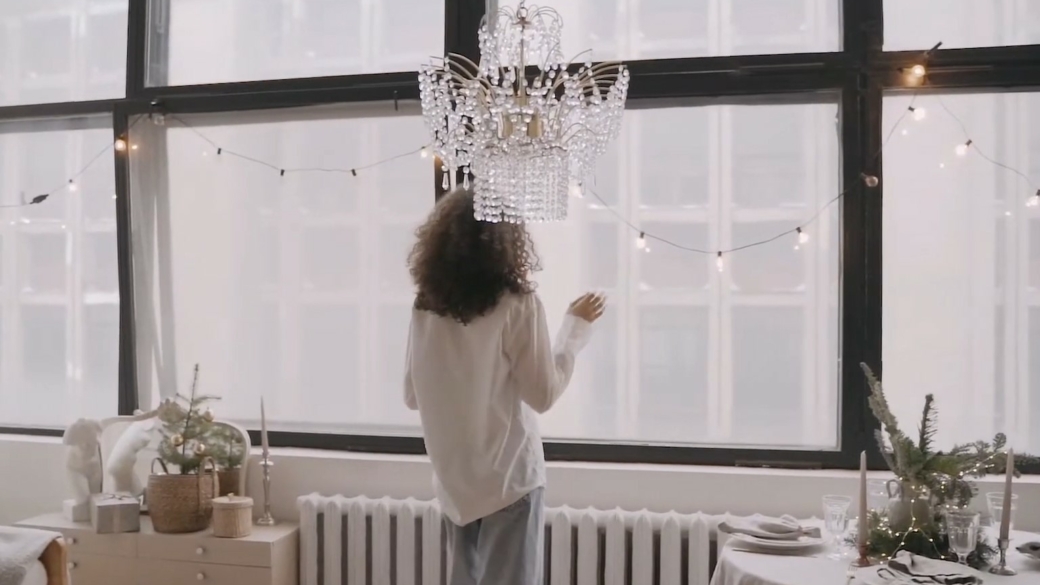How Often Can A Landlord Show A House While it’s still Inhabited?
Managing the relationship between landlords and tenants can pose a complex challenge, especially when the property is actively listed for rent or sale. This scenario presents a myriad of legal and ethical aspects that demand thorough exploration to guarantee transparency and equity for all individuals engaged in the process.
The primary concern often revolves around the frequency of property showings, which directly ties into the broader landscape of rights and responsibilities shared between landlords and tenants. So how often can my landlord show my house while i’m living in it?
In this article, we strive to clarify the intricate aspects related to how frequently landlords can schedule property viewings while tenants are still in residence, the advance notice required for such visits, the practice of conducting open houses in these circumstances, the underlying reasons driving these viewings, and the rights upheld by tenants during these events.
Short Answer
The frequency at which a landlord can arrange property showings hinges heavily on the terms outlined in the lease agreement and the laws applicable in the jurisdiction. This usually requires balancing the landlord’s right to sell and the tenant’s right to a peaceful and quiet environment. So how often can a landlord show a house while renters are still living in it?
This question unfortunately has no single answer, but reasonable notice and showing frequency are usually the guiding principles. Local landlord-tenant laws typically establish a framework for conducting such activities. However, if you feel you cannot get on with your own life because of constant viewings, communicate your feelings to your landlord.
It’s crucial for both landlords and tenants to familiarize themselves with these laws to promote a harmonious relationship and ensure the legality of house showings.
How Much Notice Does A Landlord Need To Give When Organizing House Showings?
The necessary notice period can differ from one jurisdiction to another, but it’s generally considered reasonable to provide tenants with a 24 to 48-hour notice. This advance notice allows tenants to adequately prepare for the showing, ensuring that the property is in good order and their privacy is respected to a certain extent.
This notice must be written and include the showing date and time. stating the date and time of the showing. Landlords can use a 24 hour notice to enter template to help them write the letter to their tenants.
Maintaining a courteous and open line of communication with tenants is always a wise approach for landlords. This practice can help alleviate any potential discomfort or disputes that might arise during house showings.
Legislation and Local Laws
A thorough understanding of the legal framework is essential for both landlords and tenants when it comes to property showings. Different states have different laws on how often landlords can schedule house viewings, the notice period, and tenant rights. You can find out more information on Landlord Tenant laws by state here.
Landlords in California, for instance, need to provide at least 24 hours’ notice before showings, which typically take place between 8 AM and 5 PM. In contrast, New York has no showing notice statute, but a 24-hour notice is generally considered fair.
Similarly, in Texas, the law doesn’t explicitly specify the notice period, but a reasonable notice, typically interpreted as 24 hours, is expected.
These variations underscore the critical importance of acquainting oneself with the local laws governing landlord-tenant relationships and property showings. This knowledge is essential to ensuring compliance and fostering a fair and respectful relationship between landlords and tenants.
Negotiating with Your Landlord
Positive landlord-tenant relationships often depend on open and effective communication, especially when negotiating property showings. Tenants may have specific preferences regarding the timing and frequency of these showings, and it’s important for them to openly communicate these preferences with their landlord.
Landlords should be receptive to these preferences, making efforts to accommodate them where feasible while also explaining any limitations they may have. For example, finding common ground by scheduling showings during weekends or evenings or grouping them on specific days could be a mutually beneficial compromise.
Documenting these agreements in written form can be a valuable step to prevent misunderstandings and serve as a reference point in case disputes arise in the future.
Privacy Concerns
Privacy stands as a top priority for numerous tenants, particularly when it comes to house showings. The notion of unfamiliar individuals entering one’s personal living space can understandably evoke unease. It is of utmost importance that landlords not only acknowledge but also respect these concerns.
To address these privacy worries, landlords can take certain measures. These include scheduling showings at times convenient for the tenants, ensuring ample notice, and even accompanying prospective buyers during the visit to provide reassurance. Simultaneously, tenants might consider securely storing personal and valuable items during showings as an added precaution.
By comprehending and proactively addressing these privacy concerns, it’s possible to make the house showing process less intrusive and more comfortable for all parties involved.
Impact on Security Deposits
The process of showcasing a rented house may understandably raise questions about its potential impact on security deposits. Tenants might express concerns that the increased foot traffic could lead to damages that may subsequently be deducted from their security deposit.
To address these concerns, it’s advisable for tenants to take proactive measures. This includes documenting the condition of the property before showings commence and promptly reporting any damages resulting from these showings.
Landlords, on the other hand, should ensure that showings are conducted in a manner that minimizes the risk of damage. They should also uphold fairness in assessing any deductions from the security deposit related to damages incurred during showings.
Alternative Arrangements
In today’s tech-savvy world, where technology has permeated every aspect of our lives, there are innovative alternatives like virtual tours and scheduled block showings that can minimize disruptions to tenants while still enabling landlords to showcase their properties.
Virtual tours provide prospective buyers or renters with the opportunity to explore a property online, which can significantly reduce the need for physical showings. On the other hand, scheduled block showings consolidate multiple showings into a specified time frame, reducing overall disruption for tenants.
To balance the landlord’s need to showcase the property and the tenant’s right to enjoy their home in peace, landlords and tenants can explore these and other options.
Can A Landlord Have An Open House In A Property While Renters Are Still Living In It?
Conducting an open house when tenants are still residing on the property presents a more intricate situation. While it may be allowable under specific conditions, it necessitates a higher level of coordination and consensus between the landlord and the tenant.
The legality and practicality of open houses depend on lease terms and local landlord-tenant laws. Before holding an open house, landlords should wait until the property is vacant or get the tenant’s permission.
Why Do Landlords Show A House While Renters Are Still Living In It?
Landlords often exhibit a property to prospective buyers or renters for evident financial motives. The aim is to reduce the vacancy period, which might otherwise result in a loss of rental income. Additionally, showcasing the property while it’s still occupied offers a tangible demonstration of the living space, potentially expediting the selling or renting process.
However, this economic necessity must be carefully weighed against the rights and comfort of the tenant. It calls for a methodical approach to house showings that not only complies with the law but also respects the tenant’s privacy and well-being.
Tenants Rights During A Showing While Occupied
Tenants have a fundamental right to the quiet enjoyment of their rented space, ensuring that the landlord’s activities do not significantly disrupt their daily lives. While they are obliged to accommodate reasonable property showings, they also have the entitlement to receive advance notification. In certain jurisdictions, tenants may even have the right to be present during these showings.
Comprehending these rights and their associated responsibilities can significantly facilitate a smoother process for both landlords and tenants, helping to mitigate the friction that can sometimes arise in such situations.
Conclusion
The process of showcasing a property while it’s rented is a nuanced endeavor that necessitates a delicate equilibrium between the landlord’s objectives and the tenant’s rights. For those wondering, how often can my landlord show my house while i’m living in it? This article has hopefully given you some clarification.
Abiding by local laws, fostering transparent communication, and displaying respect and empathy for the tenant’s privacy are crucial elements in ensuring an equitable and trouble-free house showing experience.
By implementing a well-thought-out approach, it’s feasible to achieve a mutually beneficial outcome where the landlord can exhibit and potentially sell or rent their property while the tenant continues to relish a serene living environment.


